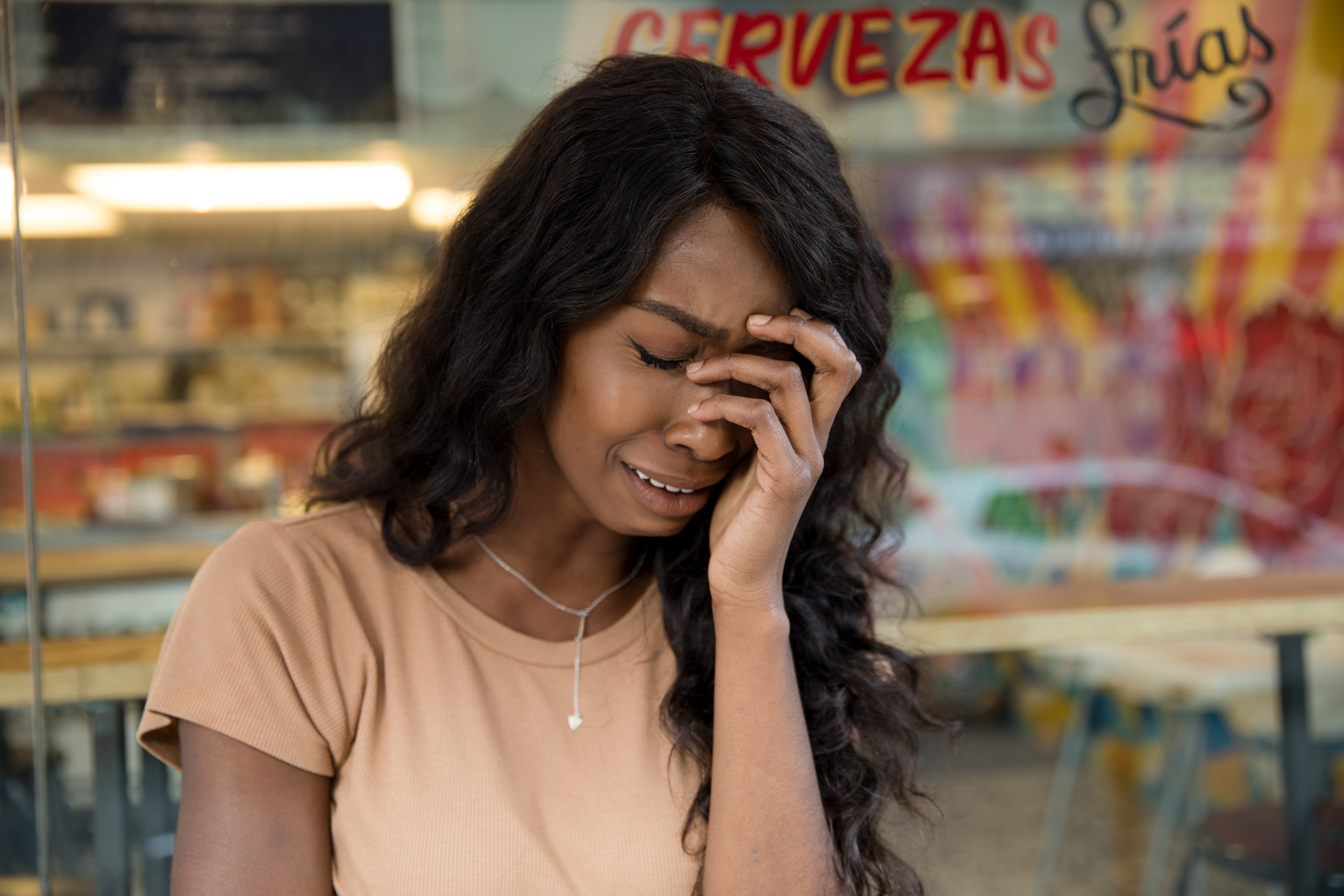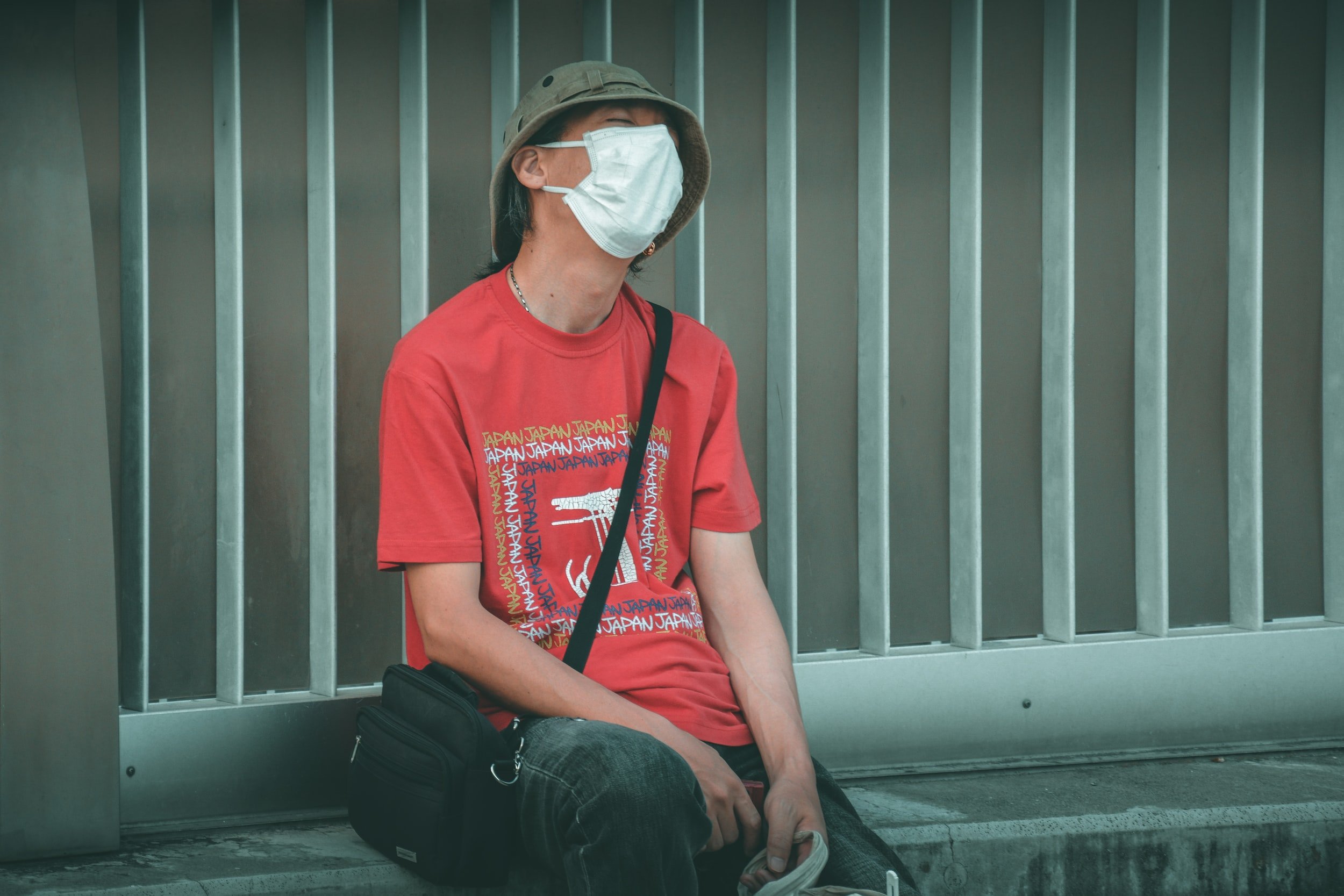One Demographic, Many Realities: Youth Leaders Call-in to Researchers
by Lev Burstein, Liyam Yaghoobzadeh, Sharon M. Ravitch
Dr. Ravitch is the March 2022 Mentor in Residence for SAGE Methodspace. She is a co-author of Qualitative Research: Bridging the Conceptual, Theoretical, and Methodological.
“There’s a radical—and wonderful—new idea here…that all children could and should be inventors of their own theories, critics of other people’s ideas, analyzers of evidence, and makers of their own personal marks on the world. It’s an idea with revolutionary implications. If we take it seriously.”
In this thought- and action-provoking collaborative inquiry, Lev Burstein, a junior at Science Leadership Academy in Philadelphia, and Liyam Yaghoobzadeh, a junior at Edgemont High School in New York, reflect on their collaborative research into youth twin pandemic narratives. This post is a call-in, from youth leaders, an embodied accountability check for researchers to centralize youth perspectives, values, and knowledges—and youth themselves as advisors—in our research.
Introduction: Listening to Youth
The research community needs to do a better job of listening to young people. Youth can see that what we think and experience isn’t taken seriously in most research. When it is, it’s usually not done well, as in, with intentionality and rigor—for example, we’re typically not consulted on any stages of the research and it often doesn’t use our authentic concepts or language. Feeling generally unheard was compounded by an absence of outlets for our voices in the pandemic.
As youth editors of a national urban education publication collecting youth reflections on life and learning in the pandemic, we have been, under the supervision of Penn’s research team on intersectional identities in schools at the University of Pennsylvania Graduate School of Education, studying youth experiences of schooling during COVID-19. Since October 2021 we’ve been collecting essays from high school students written during this time of national and world crisis. These youth essays will be published as a compilation in Perspectives on Urban Education at the end of the 2021-2022 school year. This post shares emerging themes we found across essays collected thus far and offers suggestions for researchers interested in youth populations.
Diverse Pandemic Experiences: Emerging Themes
As we read incoming essays from peers across the U.S., some preliminary themes emerge:
Routines Disrupted. The pandemic stopped our lives and changed everything to this day. This includes school-life balances and imbalances, massive changes in our rhythm and routines disrupted in different ways throughout the pandemic. Disruption was a rolling phenomenon that changed all aspects of our education and lives more broadly.
Connection and Disconnection. Different types of connection and disconnection influenced our school and social experiences both at specific moments and across the pandemic in dramatic ways that have shaped our sense of self and wellbeing.
Loss. We’ve met new kinds of loss we didn’t know before the pandemic and endured familiar kinds of loss as well—in our relationships, connections with people and things we love, freedoms, lifestyle and routines throughout the pandemic. Most painfully we’ve faced the illness and deaths of relatives and elders, friends, and classmates.
Unsure Futures. Our futures feel more unsure now than they did before the pandemic. This includes concerns about our personal health, public health, gun and police violence, global warming and inter/national political conflict. These massive societal issues make the crisis of leadership clear with implications for how we see and plan our futures.
Just is or Justice. We constantly make meaning of current realities and issues of justice, both at large and in our schools and communities. We see a lack of accountability and know we must act since injustice hurts all of us, especially the most vulnerable among us. We see we need to be different and make change.
Social Media. Social media was our lifeline during the pandemic—our main source of communication, entertainment, news, activism, global knowledge; it became a lot of people’s whole social lives because we could not interact in person with our friends for extended periods of time. Our relationship to social media has permanently changed.
Finding Our Way. We’ve lived through something that our parents, as kids, never had to live through. We’ve had to figure so many things out on our own. We’ve created collaboration strategies. We are lighting each other’s way.
Calling-in Researchers: Recommendations for Research on Youth
Cancel and call-out culture are all around us, defined by swift public admonishment upon a perceived transgression. Calling people in means constructively addressing oppressive behaviors and structures from within relationships to drive compassionate accountability. In this spirit, we call researchers in—to understand us as one demographic living many realities while coming out of a pandemic that radically changed our lives, our brains, our hearts.
Adults are exhausted. We are too. Specific to schooling in COVID, everyone, including teachers and parents, were affected by recent issues, which means that many students have had a hard time getting support during COVID. As well, masks and social distancing were barriers in building relationships with each other and teachers.
Many of us feel lost. So much of who we are is invisible in school. Often students feel like they’re just a number spitting out work with little purpose or motivation for it due to how schools work. Some kids feel stuck in the past because of COVID since they could not grow socially or intellectually over this time and since many fell behind in school.
We see identity outside of boxes. In terms of identity, ask us about our ethnicity, culture, religion, social class, immigration histories, not just race and 2 genders—these categories do not fit our complexity. We have different upbringings, circumstances, financial means, health and mental health issues.
We’re more than meets the eye. Don’t make assumptions based on what we look like (e.g., race, clothes, hair, social class, social group) or based on our families or neighborhoods. We see that most adults look down on us. We feel ageism. We are young and we have important life experience to share. Social media can be performative, but who we are up close is different, more authentic.
We don’t feel prepared for what’s expected of us. We know less about career and college possibilities than we should since life shut down for two years in the pandemic. Standardized testing has become traumatic, we feel like adults do not understand that our brains have changed in the pandemic and days of testing feels intolerable.
We’ve got young eyes. From our young perches and with eyes wide open, we’re watching adults and systems. The way research currently happens teaches a false logic that just because someone is young they don’t have a valuable opinion. We need researchers to value our experiences, opinions, and perspectives. Walk with us, do not tell us how to walk—see how we walk and inquire into that.
We do complexity well. Adults can forget what it was like to be a teen, and they were never teens in the information age or in a pandemic. It would be better, more honest and helpful, if researchers acknowledged what they do not understand about us and our lives—the complexities that emerge from the fact that we view so many things in fundamentally different ways—like sexuality and culture.
Pandemic-enhanced mental health issues. We’ve seen serious mental health issues play out, especially during COVID, including anxiety, depression, ADHD, OCD, cutting, psychiatric hospitalizations, suicide attempts. Mental health issues surround us—both youth and adults. Teachers and parents can put too much pressure on us when we’re going through a lot internally. We need a new way to talk about this.
We’ve got insider insight. Our vantage points generate important insights about youth cultures and contexts. No one knows young people like young people do—we know the scenes, players, dynamics. No amount of observation or number of interviews will invite you inside of our lives and our thinking—we’re the only conduit to that.
Think of us as research advisors. Involve us in your research teams, create youth research advisory boards, engage us in data analysis, in developing your research questions and data collection instruments. We’ll serve as trusted advisors, if you let us.
To close this wonderful piece written by Lev and Liyam, we offer Dr. Margaret Mead’s words, “The young, free to act on their initiative, can lead their elders in the direction of the unknown. The children, the young, must ask the questions that we would never think to ask.” Youth have many questions worth asking, researchers just need to listen!
More Methodspace posts about doing research on sensitive issues















For Pride Month 2023, learn respectful ways to study LGBTQ+ people and related issues.